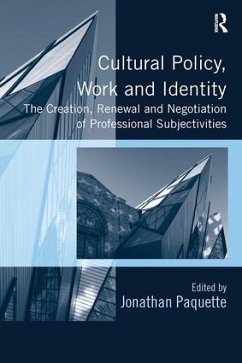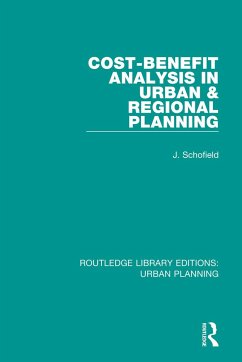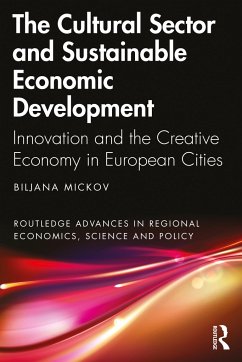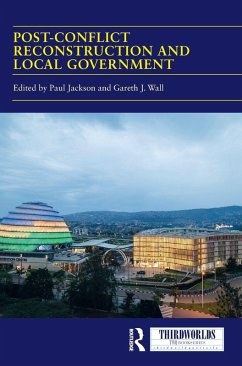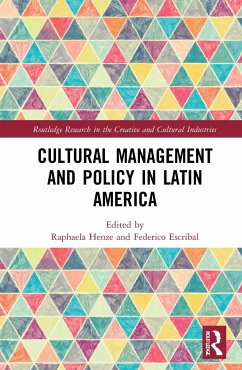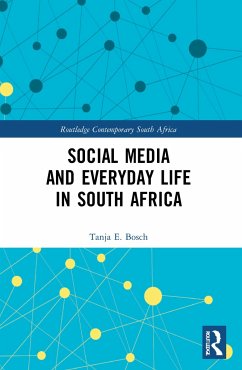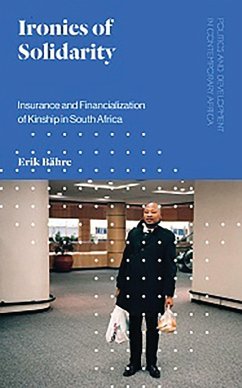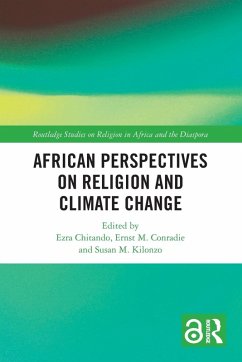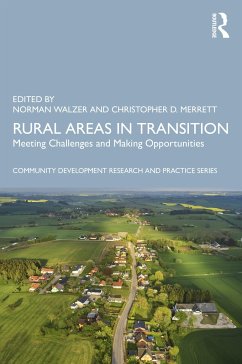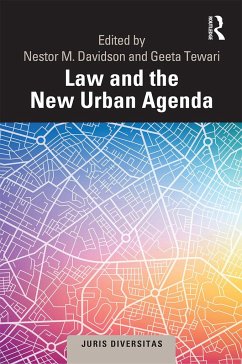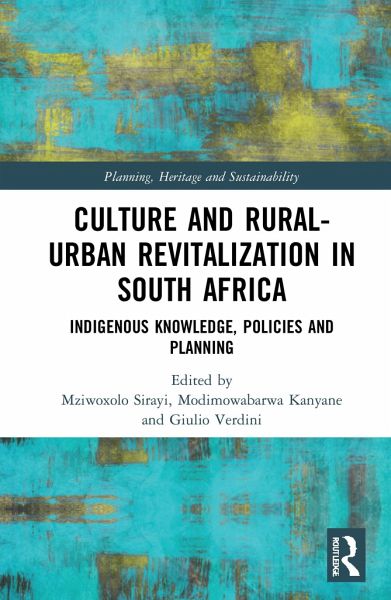
Culture and Rural-Urban Revitalisation in South Africa
Indigenous Knowledge, Policies, and Planning
Herausgegeben: Sirayi, Mziwoxolo; Kanyane, Modimowabarwa; Verdini, Giulio
Versandkostenfrei!
Versandfertig in 6-10 Tagen
43,99 €
inkl. MwSt.

PAYBACK Punkte
22 °P sammeln!
This book captures ground-breaking attempts to utilise culture in territorial development and regeneration processes in the context of South Africa and our 'new normal' brought by COVID-19, the fourth industrial revolution, and climate change the world over.The importance of culture in rural-urban revitalisation has been underestimated in South Africa and the African continent at large. Despite some cultural initiatives that are still at developmental stages in big cities, such as Johannesburg, eThekwini and Cape Town, there is concern about the absence of sustainable policies and plans to sup...
This book captures ground-breaking attempts to utilise culture in territorial development and regeneration processes in the context of South Africa and our 'new normal' brought by COVID-19, the fourth industrial revolution, and climate change the world over.
The importance of culture in rural-urban revitalisation has been underestimated in South Africa and the African continent at large. Despite some cultural initiatives that are still at developmental stages in big cities, such as Johannesburg, eThekwini and Cape Town, there is concern about the absence of sustainable policies and plans to support culture, creativity, and indigenous knowledge at national and municipal levels. Showcasing alternative strategies for making culture central to development, this book discusses opportunities to shift culture and indigenous knowledge from the peripheries and place them at the epicentre of sustainable development and the mainstream of cultural planning, which can then be applied in the contexts of Africa and the Global South.
Governmental institutions, research councils, civil society organisations, private sector, and higher education institutions come together in a joint effort to explain the nexus between culture, economic development, rural-urban linkages, grassroots and technological innovations. Culture and Rural-Urban Revitalization in South Africa is an ideal read for those interested in rural and urban planning, cultural policy, indigenous knowledge and smart rural village model.
The importance of culture in rural-urban revitalisation has been underestimated in South Africa and the African continent at large. Despite some cultural initiatives that are still at developmental stages in big cities, such as Johannesburg, eThekwini and Cape Town, there is concern about the absence of sustainable policies and plans to support culture, creativity, and indigenous knowledge at national and municipal levels. Showcasing alternative strategies for making culture central to development, this book discusses opportunities to shift culture and indigenous knowledge from the peripheries and place them at the epicentre of sustainable development and the mainstream of cultural planning, which can then be applied in the contexts of Africa and the Global South.
Governmental institutions, research councils, civil society organisations, private sector, and higher education institutions come together in a joint effort to explain the nexus between culture, economic development, rural-urban linkages, grassroots and technological innovations. Culture and Rural-Urban Revitalization in South Africa is an ideal read for those interested in rural and urban planning, cultural policy, indigenous knowledge and smart rural village model.





